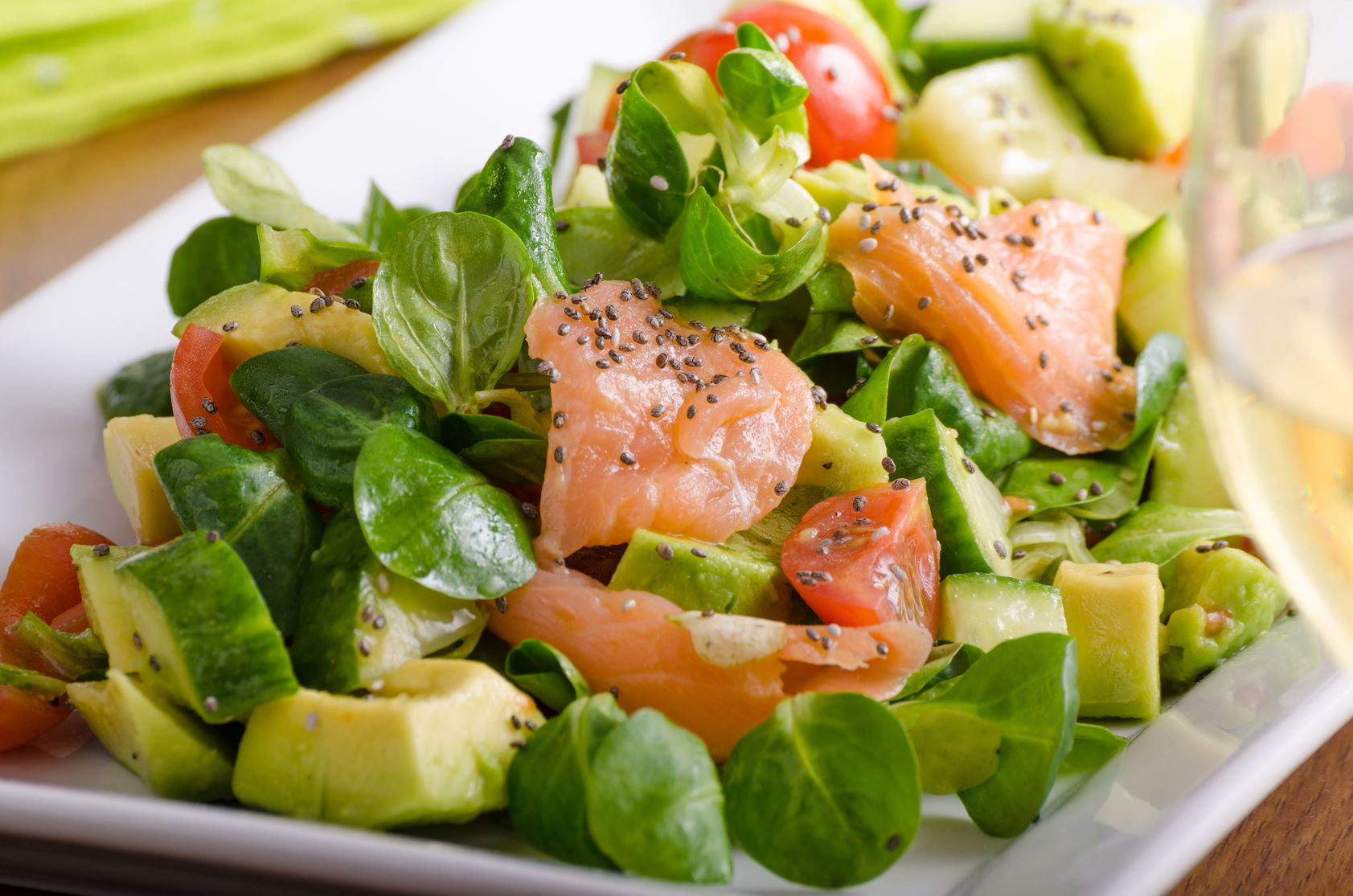Prevent Inflammation With These 10 Superfoods
 Contributed by
Su Lee Chong
March 7, 2016
Contributed by
Su Lee Chong
March 7, 2016

Persistent low-grade inflammation damages the body’s cells and tissues and causes most diseases. The best strategy to prevent inflammation from causing the onset of disease is to eat the right food.
10 Foods That Prevent Inflammation
1. Fruits And Vegetables
Colourful fruits and vegetables contain phytonutrients that are powerful antioxidants. They act on the inflammatory pathways to prevent harmful metabolites. Eat seven portions every day; especially load up on garlic, onion, ginger, peppers, dark-green leafy vegetables, and berries.
2. Omega-3
EPA (Eicosapentaenoic acid) and DHA (Docosahexanenoic acid), the main Omega-3 fatty acid, have proven to be anti-inflammatory. Olive oil and oily fish, such as salmon, tuna, and mackerel are the best sources of EPA and DHA. Plant-based Omega-3, such as flaxseed, contains more ALA (alpha linolenic acid), which can be converted to EPA and DHA in a small amount in the body. Eat about two to six portions a week.
3. Green Tea
Green tea is rich in EGCG (Epigallocatechin-3-gallate), a polyphenol, which is a powerful antioxidant that can block inflammatory messengers. Drink at least one cup daily.
4. Chlorophyll
Chlorophyll, the green pigment in all green leafy vegetables, has shown to be a powerful antioxidant and anti-inflammatory. Subramoniam A reported in PubMed, June 2012 edition, that chlorophyll reduces the expression of inflammatory messengers. Eating plenty of green leafy vegetables will give you a rich source of chlorophyll.
5. Herbs And Spices
Turmeric, oregano, rosemary, and ginger are found to have anti-inflammatory properties by inhibiting the expression of inflammatory messengers. Add them daily to your cooking.

6. Complex Carbohydrates
Eating carbohydrates from whole grains, such as sweet potato, brown rice, and millet are beneficial in preventing inflammation. The high fibre content stabilizes blood sugar - high blood sugar has been proven to be pro-inflammatory. The high selenium content in whole grains contributes to anti-inflammatory benefits. Replace refined carbohydrates with whole grains daily.
7. Lean Protein
Get protein from beans and legumes instead of animal meat, such as beef and lamb. Beans and legumes are high in fibre, which helps to stabilize blood sugar, thereby preventing inflammation. Eat one to two portions a day.
8. Fermented Food
Friendly bacteria from fermented food helps to regulate inflammatory messengers. Eat yogurt, apple cider vinegar, kimchi, kefir and kombucha at least once or twice a week to reduce inflammation.
9. Mushrooms
Researchers from Arizona State University reported in the 2010 Nutrition Journal that button mushrooms reduce inflammation in arterial cells, preventing white blood cells from sticking to the wall. Have unlimited servings of mushrooms in your daily meals.
10. Reduce Stress
This is not food-related but stress is one of the key inducers of inflammation in the body. Exercising, relaxing, getting enough sleep and eating a healthy, anti-inflammatory diet can go a long way to managing stress and inflammation.
As you can see from the list above, it is ultimately a healthy diet and lifestyle that is anti-inflammatory. Try these out to get healthy and prevent most diseases.
Visit Look Good Feel Great Always to find out more about Su Lee's work.
This post was first published on Look Good Feel Great Always blog and has been reposted on Executive Lifestyle with the permission of the author.
Edited by Nedda Chaplin
Did you enjoy this post? Please comment, like and share!











Sorry, the comment form is closed at this time.